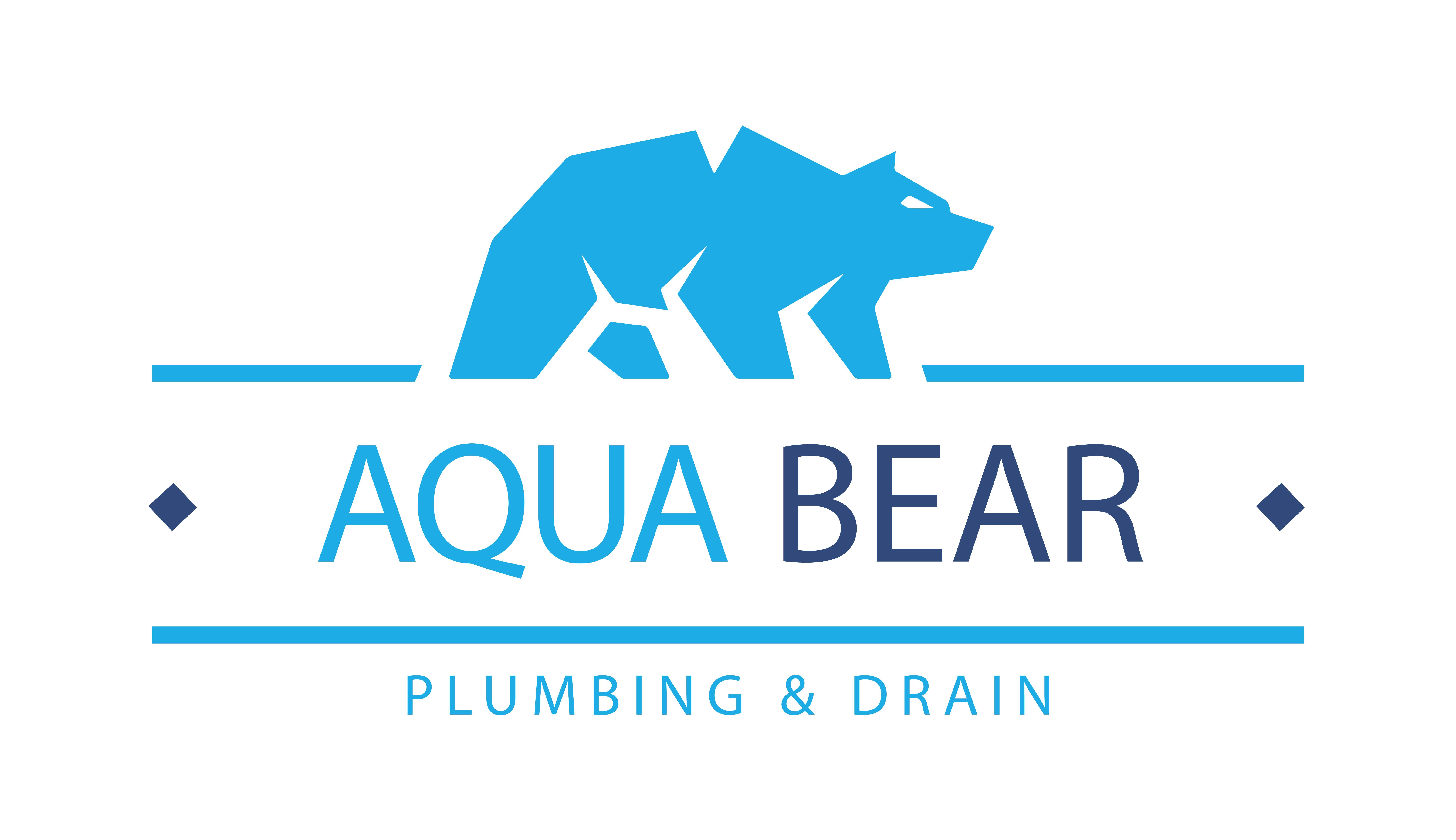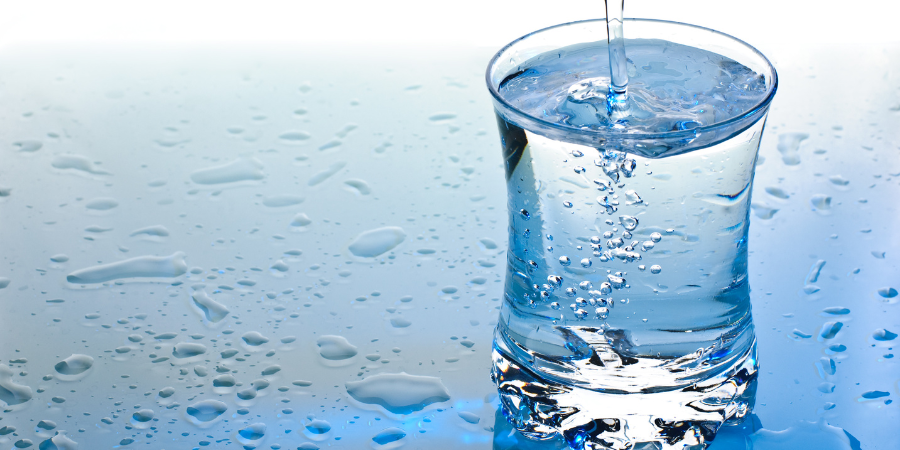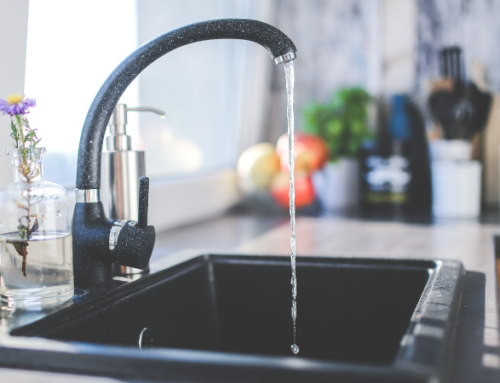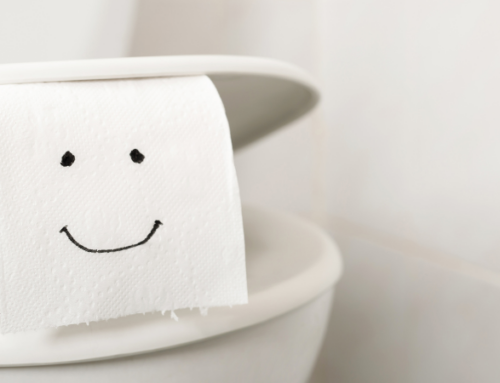Good water quality in your home is crucial for various reasons, including health, hygiene, and appliance longevity. High-quality water is essential for maintaining optimal health, as it is free from contaminants, such as bacteria, viruses, heavy metals, and harmful chemicals. These contaminants can cause illnesses and affect the taste and odor of your water. Good water quality also contributes to better hygiene, as it ensures effective cleaning, bathing, and laundry practices.
Furthermore, hard water, which contains high levels of minerals like calcium and magnesium, can cause scaling and buildup in appliances, pipes, and fixtures. This buildup can lead to decreased efficiency, increased energy consumption, and a shortened lifespan for appliances like water heaters and dishwashers. Investing in water quality improvements, such as filters and water softeners, can promote a healthier lifestyle and save you money in the long run. Here are some of the top factors affecting water quality…
Water Source
The origin of water, whether it is groundwater (wells) or surface water (lakes, rivers, reservoirs), plays a significant role in determining its quality. Groundwater is generally less susceptible to contamination, while surface water can be affected by pollutants from various sources.
Soil Composition
Next, soil composition plays a crucial role in determining water quality, as it influences the filtration and transportation of water through the ground. Key ways soil composition impacts water quality include:
- Mineral Content: Soil minerals, such as calcium, magnesium, and iron, can dissolve into water, affecting its hardness, taste, and color. In some cases, naturally occurring toxic elements like arsenic can contaminate water sources.
- Soil Structure: The arrangement and size of soil particles influence water infiltration and flow, affecting the capacity of soil to filter out contaminants. Well-structured soil with a mix of particle sizes promotes natural filtration.
- Organic Matter: Soil rich in organic matter can enhance filtration, adsorb contaminants, and contribute to microbial activity that can help break down pollutants.
- pH Levels: Soil pH can impact the solubility of nutrients and contaminants, influencing their availability for uptake by plants or dissolution into water sources.
Hardness Of Water
Water hardness refers to the concentration of dissolved minerals, primarily calcium and magnesium, in water. While not a direct health risk, water hardness can impact water quality in several ways:
- Aesthetic Issues: Hard water can cause an unpleasant taste and odor, as well as reduce the lathering ability of soaps and detergents, leading to less effective cleaning.
- Scale Buildup: Hard water can cause mineral deposits (scale) to accumulate in pipes, fixtures, and appliances. This buildup can restrict water flow, reduce heating efficiency, and eventually cause damage, requiring costly repairs or replacements.
- Skin and Hair: Hard water can leave a residue on the skin and hair, causing dryness, irritation, and dullness.
- Laundry: Hard water can make it difficult to rinse laundry properly, leaving clothes feeling stiff and possibly causing colors to fade faster.
Looking For Water Softener Installation In North County?
If you have low-quality water in your North County home, you can correct it by installing a water softener or water filtration system. We offer water-quality plumbing services throughout San Diego County. Contact Us Today to schedule an appointment to begin exploring your water improvement options.






